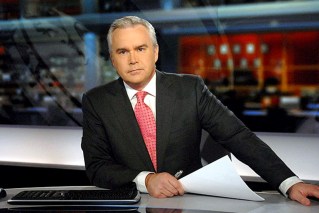IMF criticises Britain’s new economic plan

Britain's Chancellor of the Exchequer Kwasi Kwarteng faces demands to scrap his economic plan. Photo: Getty
The International Monetary Fund has openly criticised Britain’s new economic strategy following another slide in bond markets that forced the Bank of England to promise a “significant” response to stabilise the economy.
Pressure piled on new finance minister Kwasi Kwarteng to reassess his policy, which unleashed turmoil in financial markets as leading economists, investors and executives said that rock-bottom investor confidence would recover only if the plan was scrapped.
New British Prime Minister Liz Truss of the Conservative Party came into office on September 6 saying she wanted to snap the economy out of years of stagnant growth with deep tax cuts and deregulation.
Mr Kwarteng’s plan is designed to support households and businesses with energy bills while doubling the long-run rate of economic growth. It requires an additional £72 billion ($120 billion) in government debt issuance in this fiscal year alone, shocking investors, sending the costs of such borrowing even higher.
The IMF said the proposals, which sent the pound to touch a record low of $US1.0327 on Monday, would likely increase inequality and it questioned the wisdom of such policies.
“Given elevated inflation pressures in many countries, including the UK, we do not recommend large and untargeted fiscal packages at this juncture, as it is important that fiscal policy does not work at cross purposes to monetary policy,” an IMF spokesperson said.
“We are closely monitoring recent economic developments in the UK and are engaged with the authorities,” the spokesperson said.
The IMF holds symbolic importance in British politics: Its bailout of Britain in 1976 following a balance-of-payments crisis had long been regarded as a low point of modern British economic history.
The IMF said a budget due from Mr Kwarteng on November 23 would provide an “early opportunity for the UK government to consider ways to provide support that is more targeted and re-evaluate the tax measures, especially those that benefit high-income earners”.
Earlier in the day, BoE chief economist Huw Pill said the central bank was likely to deliver a “significant” rate increase when it meets next in November. He said financial market upheaval would have a big impact on the economy and would be factored into its next forecasts.








